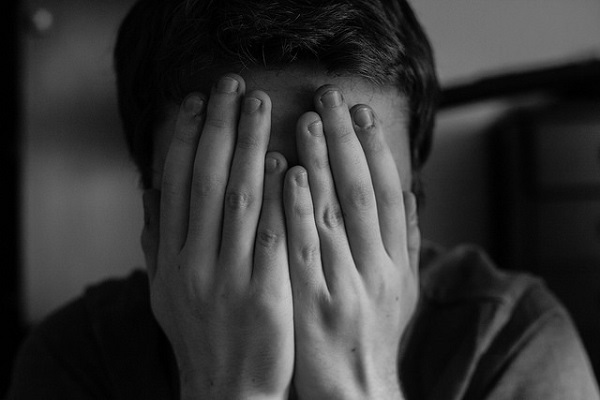
The Relationship Between Religion and Mental Health
- By Gary Nguyen --
- 21 May 2017 --

A look at the role of religion in affecting mental health.
The mental health of an individual is affected by a multitude of genetic and environmental factors. Some mental health conditions like schizophrenia and bipolar disorder are genetic, more likely to affect the members of a particular family more than another. However, overall mental health is determined by other factors such as societal belief systems and personality.
The Relationship Between Religion and Mental Health[/tweetthis]
Psychiatrists & psychologists have studied the effect of religious life on a person’s mental health.[/tweetit] The relationship between the two is controversial, bringing both negative and positive effects to the mental health of the individual in question. One of the most compelling reasons for this distinction can be obtained by asking one crucial question: why does a person practice his or her religion?
The answer to this question reveals that there are two types of people when it comes to religion and spirituality. The first category is the intrinsic believer. This is the person who puts his or her religion above everything. This kind of individual will judge his or her actions based on his or her religious beliefs. Another feature of this type of believer is that he or she will mostly practice only that which is allowed by religion. The second type of believer is the extrinsic one. This believer uses faith to serve his or her own ends. This belief system is mostly seen in people who use religion as a means of coping with emotions.
According to various studies, religion can be a benefit to mental health. These benefits, however, are mostly seen among intrinsic believers. An intrinsic believer who follows a religion that prohibits activities such as meditation will be sound of mind because of reduced stress. Such a person will experience little psychological distress because he or she will have a sense of purpose in life. Similarly, intrinsic believers are more likely to seek treatment when they suffer from mental health disorders because they believe in the healing power of the supernatural being in the religion.
On the other hand, religion is detrimental to the mental health of some believers. For instance, an extrinsic believer will cope with his or her guilt by turning to religion. If such an individual believes in a punitive God, he or she will be more anxious and stressed thereby noting a decline in mental health. Intrinsic believers may also become stressed when they become doubtful of certain aspects of their religion. The reason for this reduced mental health is that the sense of self in such believers is tied to their faith. When they doubt their religions, they begin to doubt themselves and their purpose. This leads to increased anxiety and in dire situations in attempts to harm self or others.
Didn't join in with chat but some interesting Q&A's Religion and mental health will always be a tricky subject #AskSteveAustin
— Matt Smith (@dremds) May 15, 2017
There is also a third link between religion and mental health. This link is the one whereby non-religious or delusional people use religion as a means of escape from reality. Such individuals base false beliefs on specific actions of religions to justify their actions. For example, a person may kill and claim that he or she is cleansing the world. Linking religion with such false and unfounded beliefs promotes mental health deterioration.



















